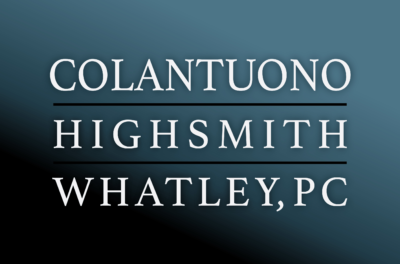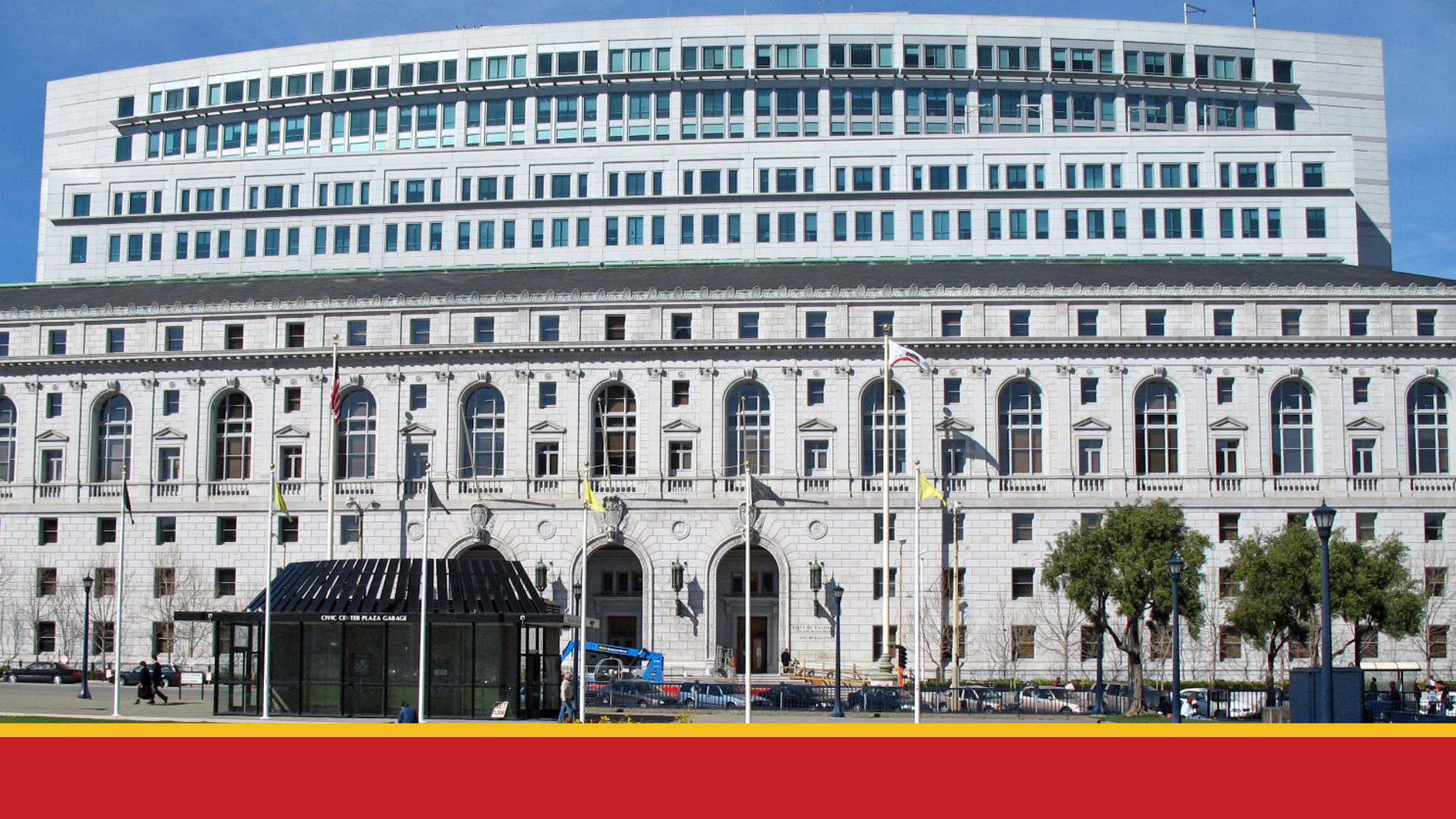 In early April, the California Court of Appeal in Los Angeles revisited an issue that public attorneys had thought long settled — does the deliberative process privilege protect the calendars of public officials from public records requests? The deliberative process privilege is an application of the “general balancing” or “catchall” exception to the duty to disclose records under California Public Records Act. The exemption allows records to be withheld when the public interest in disclosure is clearly outweighed by the public interest in confidentiality. The deliberative process privilege is intended to allow officials to get information from a wide variety of sources — even potentially controversial ones — and to discuss it in making public policy without public scrutiny, so political and other pressures do not reduce the flow of information. It had long been though to completely preclude inquiry into the calendars of public officials. Under the new decision, this is not so clear.
In early April, the California Court of Appeal in Los Angeles revisited an issue that public attorneys had thought long settled — does the deliberative process privilege protect the calendars of public officials from public records requests? The deliberative process privilege is an application of the “general balancing” or “catchall” exception to the duty to disclose records under California Public Records Act. The exemption allows records to be withheld when the public interest in disclosure is clearly outweighed by the public interest in confidentiality. The deliberative process privilege is intended to allow officials to get information from a wide variety of sources — even potentially controversial ones — and to discuss it in making public policy without public scrutiny, so political and other pressures do not reduce the flow of information. It had long been though to completely preclude inquiry into the calendars of public officials. Under the new decision, this is not so clear.
The Earlier Law
Two precedents supported the understanding that officials’ calendars are off limits. First was the California Supreme Court’s 1991 decision in Times Mirror Co. v. Superior Court, which denied access to five years of the Governor’s schedules, calendars, and other records of his daily activities. The opinion, written by then-Justice Arabian was pragmatic and noted that politics might prevent the Governor from meeting with some people if he must do so in public: “The deliberative process privilege is grounded in the unromantic reality of politics; it rests on the understanding that if the public and the Governor were entitled to precisely the same information, neither would likely receive it.” The opinion, a 4–3 ruling of a very divided court following the recall of three Justices, also noted security risks for the Governor if his daily movements were disclosed. It does not note the risk that Governors might feel compelled to window dress their calendars with meetings with people to give a political impression, as Presidential candidates do when publicly interviewing potential Vice Presidential candidates.
Second is Rogers v. Superior Court, a 1993 decision of the Los Angeles Court of Appeal, following Times Mirror, and refusing access to a year of telephone records for all Burbank City Council members for the same reasons.
But these rulings rested on a fragile foundation — the Public Records Act’s catchall exception requires the public interest in nondisclosure to “clearly outweighs” the public interest in disclosure. And both Times Mirror and Rogers involved very broad requests for information — five years of the Governors’ meeting data, a year of five city council members’ telephone data. Times Mirror had said that a narrower request with a stronger justification for disclosure might require a different result.
The New Decision
State of California v. Superior Court (Energy & Policy Institute) is a decision of the Los Angeles Court of Appeal involving an environmental advocacy group’s requests for information from the calendar of the Governor’s senior energy advisor who is now the President of the Public Utilities Commission. The request was limited to 10 energy industry stakeholders and a one-year period and was intended to disclose if the advisor had been lobbied by energy utilities and their unions during a pitched policy battle over net energy metering — what the PUC requires utilities to pay owners of solar panels for power.
The Court of Appeal reasoned that the interest in who the new PUC President met with in the year before her appointment was pressing and that the burden of disclosure was low — it was only 10 stakeholders with whom she would be expected to meet: “The record support the finding that the entities specified in EPI’s request are entities which the Governor’s senior energy advisory would be expected to meet regardless of the Governor’s particular policy priorities. … The record does not support that disclosing the fact that these meetings took place would discourage future meetings between the Governor’s senior energy advisor and the specified entitles or similar energy stakeholders.” The Court noted the State had not proved that any stakeholders would refuse to meet with the Governor’s staff if the fact of those meetings were known. But the observation seems politically naïve — what publicly regulated utility is going to admit that in open court?
The Court also avoided the hardest question raised by the Governor’s request for appellate review of the trial court order compelling disclosure — allowing one such request means the Governor’s office must allow others. A dozen requests spaced out over months, each seeking meetings with a handful of stakeholders, could disclose quite a bit of information about whom Governor’s staff think it worth meeting with and what policies the Governor is considering. The Court found no reason to address the risk of serial requests in this case because of the “unique circumstance” of the Governor’s senior energy advisor becoming the PUC president. It concluded that problem can be addressed in future litigation, which is now likely.
The decision thus invites new PRA requests for information previously thought to be within the deliberative process exemption — whom public officials meet with and talk to. It did make clear that the deliberative process privilege serves fundamental public policies and that the ruling is limited to calendars, excluding “meeting agendas or other information revealing the substances of the meetings” and releasing only “invitees, attendees, time, date and location.”
The Governor could still seek review in the California Supreme Court and, given the implications of the decision, might do so. A legislative response is possible, too.
Options in Light of the Ruling
In the meantime, public officials who wish to maintain the confidentiality of the details of those with whom they communicate might consider these strategies:
- Don’t create records you do not need;
- Don’t retain records longer than the agency’s records-retention policy requires;
- Make a record of the policy reasons to maintain meeting information in confidence, such as the need to avoid political pressure about whom to meet with and whom not to meet with, any reluctance of meeting participants to publicly reveal their discussions with officials, and any other consequence for good policymaking of disclosing such information.
Further developments in this area of the law are constant. Stay tuned!
By Michael G. Colantuono, Esq., Managing Shareholder at Colantuono, Highsmith & Whatley, PC





